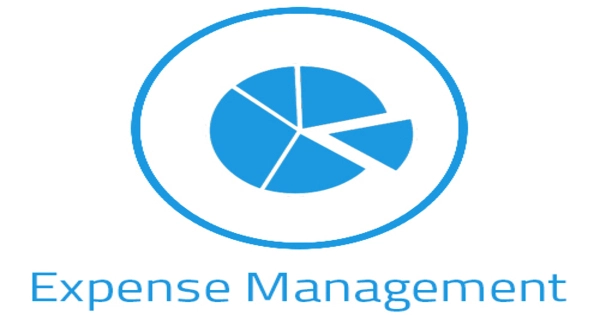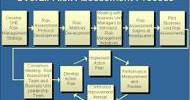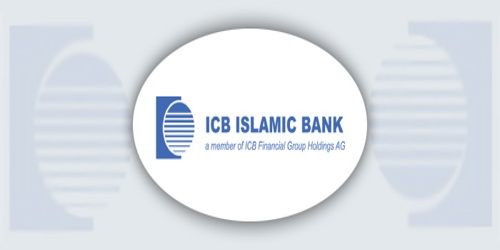Expense management refers to the processes used by a company to process, pay, and audit employee-initiated expenses. It refers to the practice of tracking, regulating, and optimizing an organization’s spending. These costs include but are not limited to, travel and entertainment expenses. This practice is critical for businesses of all sizes to maintain financial stability and profitability.
Expense management encompasses the policies and procedures that control such expenditure, as well as the tools and services used to process and analyze the data related to it. Effective expense management enables firms to make informed financial decisions, distribute resources efficiently, and avoid excessive spending.
Software to manage the expenditure claim, authorization, audit, and reimbursement procedures is available from organizations that offer licensed software, implementation, and support, or from software as a service (SaaS) providers. SaaS suppliers provide on-demand web-based programs maintained by a third party to improve cost management productivity.
Here are key aspects of expense management:
- Expense Tracking: This entails keeping track of and categorizing all expenses incurred by the organization. Fixed expenses (such as rent and salaries) are distinguished from variable expenses (such as office supplies and travel costs). To automate spending tracking, modern firms frequently use software and digital tools.
- Budgeting: Creating and adhering to a budget is a critical component of spending management. A budget establishes spending limitations for several types of expenses, helping businesses to organize their finances and minimize overspending.
- Approval Workflow: Implementing an expense approval procedure guarantees that all expenditures are examined and authorized by the right people or departments. This aids in the prevention of illegitimate or needless spending.
- Expense Policies: Organizations often establish clear expense policies that outline acceptable spending practices. These policies can include guidelines on travel expenses, reimbursement rates, and allowable purchases. Ensuring employees are aware of and adhere to these policies is crucial.
- Expense Reporting: Employees typically submit expense reports to document their expenditures. These reports should be accurate, well-documented, and submitted in a timely manner. Automating this process can streamline expense reporting.
- Expense Analysis: Regularly analyzing expenses helps identify trends and areas where cost savings can be achieved. Analyzing data can also reveal inefficiencies or potential opportunities for negotiation with vendors or suppliers.
- Vendor Management: Negotiating favorable terms with vendors and suppliers can result in cost savings. Businesses should periodically review their contracts and seek competitive bids when appropriate.
Employee Training
Employee education on spending management policies and practices is critical. This training should address proper documentation, reimbursement methods, and the value of budgeting. It is a continuous process. It is critical for long-term financial health to evaluate and update policies and processes on a regular basis, as well as to look for cost-cutting options.
Effective expense management entails not only decreasing costs but also optimizing spending in order to support the organization’s goals and growth. Businesses can maintain financial stability, allocate resources efficiently, and make educated financial decisions by establishing strong expense management strategies.
















